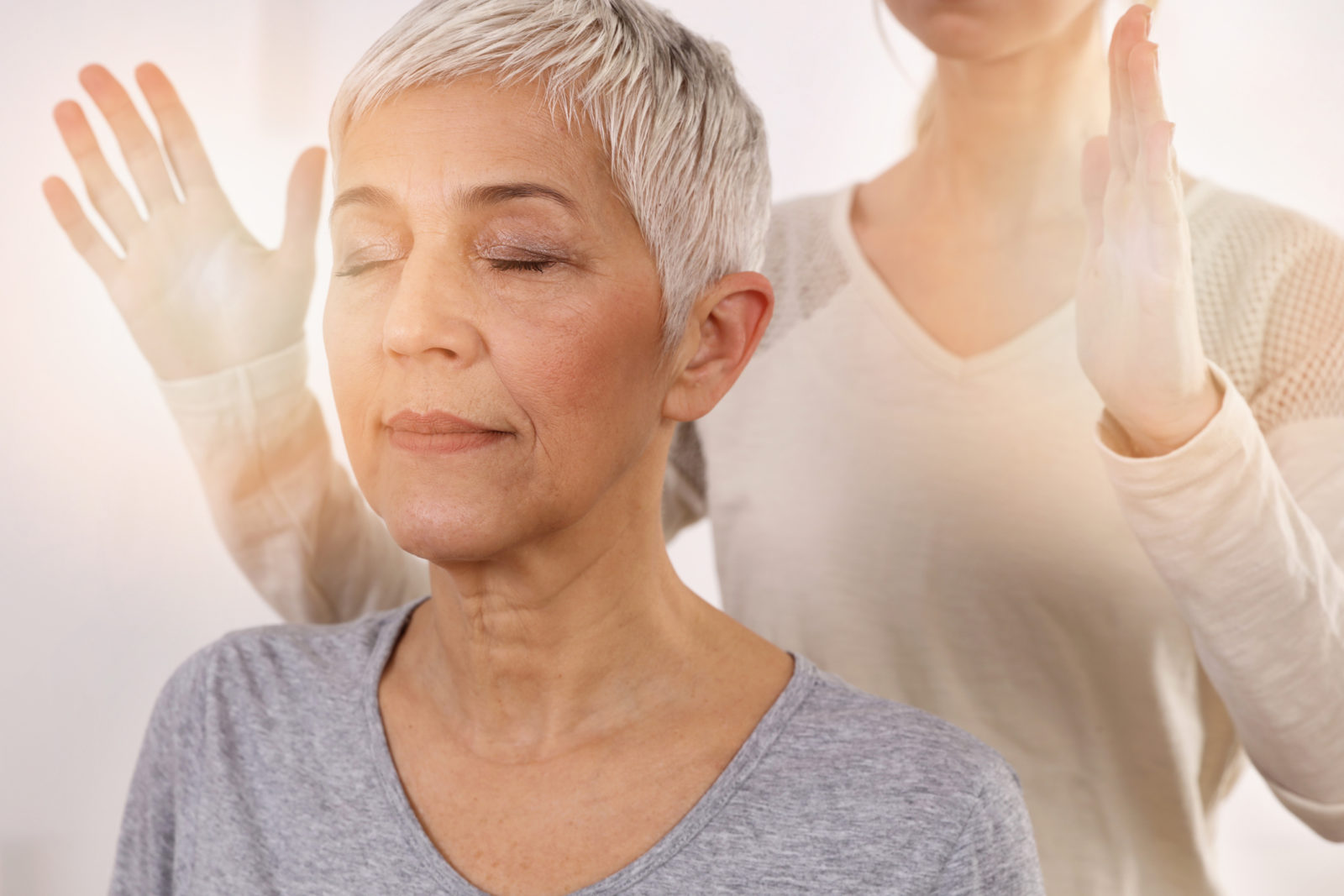Patient, Heal Thyself!

The advances in modern medicine are staggering. Immunotherapy is curing cancers that until recently were a death sentence. Technological innovations are reducing major surgeries to interventional procedures. Yet, in today’s fast-paced climate of 24-hour news cycles and social media scrutiny, complaints of stress, fatigue, anxiety, depression and insomnia are on the rise. Our nation is gripped by an illicit opioid epidemic likely driven by the need to escape psychological and physical pain and suffering.
The good news is that we all have tremendous self-healing capabilities we can call upon. Ancient healers and modern holistic practitioners alike believe that the body, when restored to its natural, balanced state, can reduce pain and stress and accelerate healing.
Reiki, a holistic healing practice that loosely translates to “universal life energy” is one such therapeutic model. The healing practice was founded in Japan in the early 20th century and its core belief is that the body has an internal and external life energy field. The Reiki practitioner hovers or lightly lays his or her hands over specific chakras (energy centers) of the client’s body, directing this healing energy to reduce physical and emotional blockages and restore optimal balance, thereby facilitating the person’s own healing response.
Reiki is noninvasive and completely safe and can be combined with other treatment modalities. A one-hour treatment session typically brings deep relaxation, reduced stress and improved mood and sleep patterns. Over time, Reiki reduces stress and boosts the immune system, allowing for greater healing.
Currently, the National Institutes of Health, through its National Center for Complementary and Integrative Medicine, is conducting research to evaluate the potential efficacy of Reiki for treating the symptoms of fibromyalgia, enhancing well-being and quality of life in people with advanced AIDS and prostate cancer, and helping reduce nerve pain and cardiovascular risk in people with Type 2 diabetes. While such empirical studies are ongoing, the practice is increasingly being used as an adjunctive therapy in hospitals, residential care communities, palliative care facilities and cancer centers around the country.
Having experienced Reiki firsthand and felt its effects on reducing stress and alleviating symptoms of pain, I am delighted to announce that HealthSense is expanding its services to offer this holistic therapeutic option for out clients. Meet Hope Tarr, Ph.D., an advanced Reiki practitioner who has helped clients with a variety of health conditions to optimize their well-being and live healthier, happier lives.
Written by Anne Sansevero
![HealthSense [logo]](https://www.health-sense.org/wp-content/uploads/sites/242/2017/02/logoNEW.png)